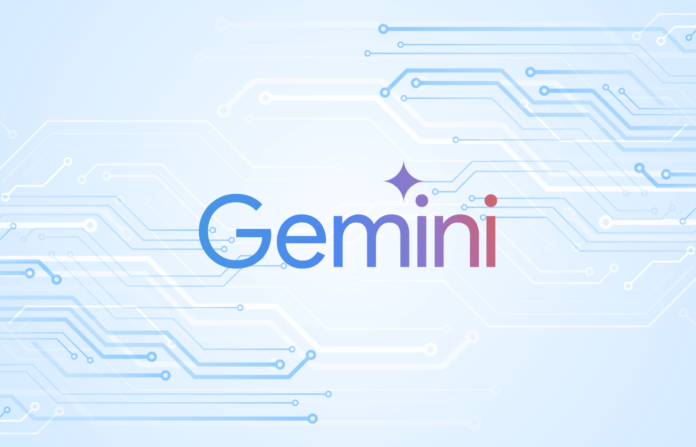Google’s Gemini chatbot now has the ability to remember past conversations, a feature that brings it in line with OpenAI’s ChatGPT. The update, which Google says, will improve response accuracy and personalization, is rolling out to Gemini Advanced subscribers.
By building on generative AI and Google’s advanced large language models (LLMs), Gemini can analyze past interactions to refine its answers, mimicking a more human-like conversational memory. Users no longer need to manually search for prior conversations, making it easier to continue discussions.
“Whether you’re asking a question about something you’ve already discussed, or asking Gemini to summarize a previous conversation, Gemini now uses information from relevant chats to craft a response,” said Dave Citron, Google’s Senior Director of Product for the Gemini App, in a blog post.
In addition to recalling past conversations, Gemini is designed to “remember your interests and preferences,” such as hobbies, work, and life aspirations to provide more tailored and ideally helpful responses.
Google has preempted the inevitable privacy-related queries by assuring users that they can review, delete, or set retention limits on stored chats. The feature can also be turned off entirely via the My Activity page, and Gemini will indicate when it references past conversations in responses.
For now, the feature is exclusive to Gemini Advanced subscribers through the Google One AI Premium Plan. Google plans to expand support to Google Workspace Business and Enterprise customers “over the coming weeks,” along with additional language availability.
OpenAI’s ChatGPT stores so-called “memories” in a similar way. “As you chat with ChatGPT, it will become more helpful – remembering details and preferences from your conversations,” its FAQs state. For example, ChatGPT can remember if a user is a vegetarian when suggesting recipes. This feature can also be turned on or off by default during a Temporary Chat.
AI companies are now taking a more proactive approach to disclosing privacy controls, likely in response to past controversies — such as Microsoft Recall’s privacy backlash, which forced the company to delay its rollout.
Microsoft received significant pushback for potential security risks from the Recall’s automatic screenshot-capturing capability. Subsequently, the company delayed its rollout, implementing additional privacy controls and making it easier for users to opt out.
